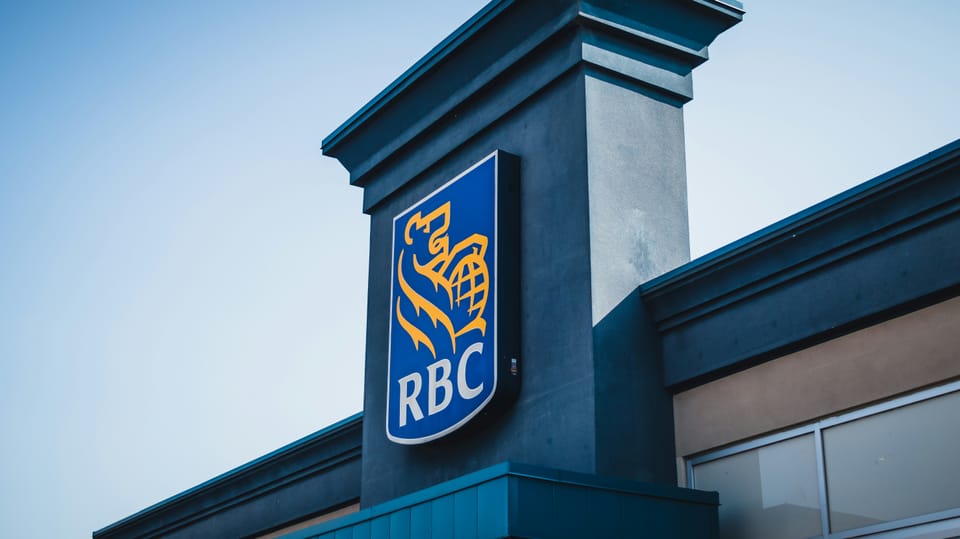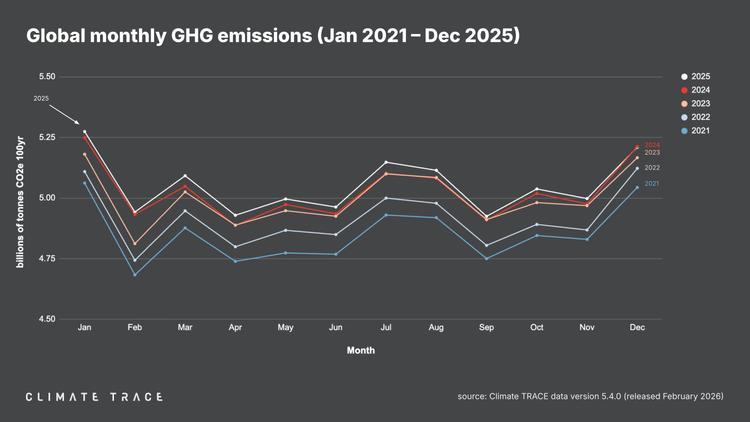RBC drops sustainable finance goal citing changing methodology and greenwashing laws
The bank was aiming to provide C$500 billion in sustainable finance by the end of this year.

Royal Bank of Canada (RBC) has dropped its goal to provide C$500 billion (US$361 billion) in sustainable finance by the end of 2025, citing changing measurement methodologies and anti-greenwashing regulations.
In its latest sustainability report, the bank cites Canada’s 2024 Competition Act revision – which prohibits unbacked environmental claims – as one of the reasons why it is “retiring” its sustainable finance commitment.







